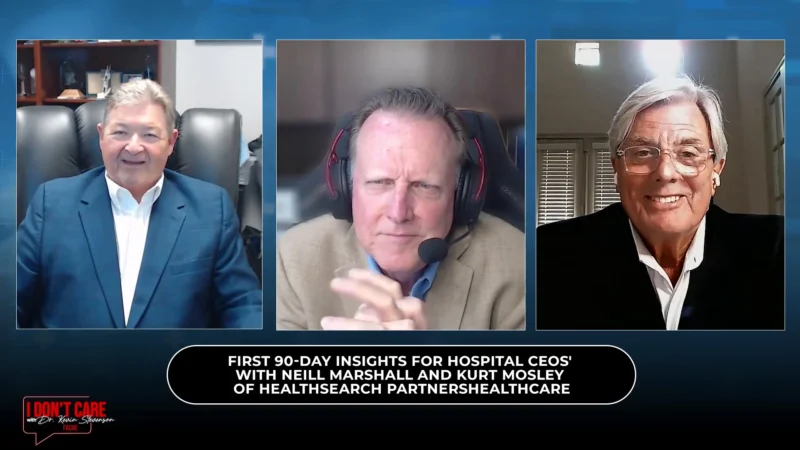Leveraging AI to Improve Patient Outcomes in Healthcare
The importance of providing patients with a fast and accurate diagnosis cannot be overstated – it can be the difference between life and death. Unfortunately, the healthcare system is overwhelmed, and physicians cannot keep up with the overflow of patient needs in a timely manner.
Dr. Chai Xiangfei, CEO and co-founder at HY Medical, and Beenish Zia, chief architect of medical imaging at Intel, sit down with podcast host, Tyler Kern, to discuss the current challenges of providing a patient diagnosis in a timely manner and how artificial intelligence (AI) solutions can help.
Beenish discusses and highlights the complexities of diagnosing patient illnesses. “Medical diagnosis is a complex process which requires clinical skills and the need for clear decisions. And it needs to be balanced with acceptance for the ambiguity of many clinical situations,” Beenish explains.
According to Beenish, there are five major obstacles that delay diagnosis:
- There are variations in individual logic and processes.
- Because the nature of the evidence is not clear, further tests/screenings are required.
- Standards vary globally, which causes longer diagnosis times.
- Lack of evidence and data from diverse populations leads to not having good data sets to represent different communities.
- The number of cases a physician must handle grows daily.
“For example, in certain hospitals in New York, we have heard that the radiologists get more than 1400 scans per day, and maybe there is just like a handful of radiologists to look at them. So, just the huge imbalance between the number of cases requiring diagnosis and the medical staff available to provide the diagnosis is not good,” Beenish explains.
To address this need, Dr. Chai talks about the role of AI in reducing diagnosis time to improve patient outcomes. “There are a huge amount of images created every day. In the meantime, actually, there’s a shortage of radiologists to read images. So, the real situation is that because there is a long waiting list of imaging… it can take hours or even days” for patients to get the result of their tests, notes Dr. Chai.
With traditional processes, scans are taken and added to a waiting list to be read and interpreted by radiologists, which can take up to 15 minutes. Current AI technology can give initial results within one minute and can ultimately reduce reading time by 30%. When radiology staff and doctors get the initial results, they can then quickly review the areas highlighted by the AI and then determine a path forward for diagnosis and treatments. Having this reduction in reading time, is helping patients get treated sooner.
To learn more about how AI can transform the diagnostic process and improve patient outcomes, connect with Dr. Chai Xiangfei and Beenish Zia on LinkedIn.
To find out more about HY Medical please visit: https://www.huiyihuiying.com/#page1.
Learn about various technologies Intel offers to advance the healthcare field — from compute to storage and networking to AI — visit: https://www.intel.com/content/www/us/en/healthcare-it/healthcare-overview.html
Subscribe to this channel on Apple Podcasts, Spotify, and Google Podcasts to hear more from the Intel Internet of Things Group.









